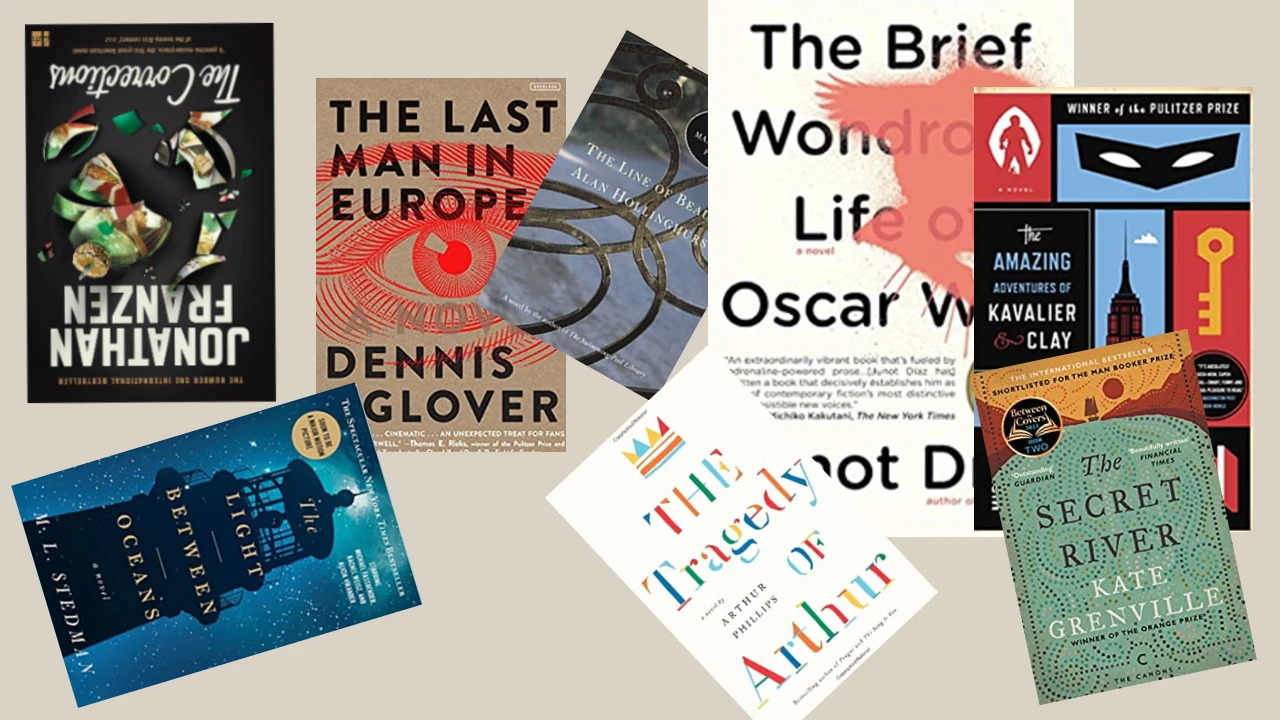
Newsletter Subscribe
Enter your email address below and subscribe to our newsletter

Enter your email address below and subscribe to our newsletter
This content may contain affiliate links. When you buy through these links, we may earn an affiliate commission.
Here’s a polished, condensed English summary suitable for a literary essay or blog:
“The Use of Man” by Aleksandar Tišma (1976) explores the tragic fate of several families before, during, and after the Second World War. The novel presents a powerful critique of war, dehumanization, and the manipulation of individuals by forces beyond their control. Through harrowing depictions of trauma, Tišma shows how extreme circumstances can strip people of their humanity, leaving them shells of themselves unable to live, love, or act freely.
The narrative focuses on families who initially confront war collectively, only to fracture under its pressures, with each individual suffering its consequences in unique ways. Some are killed; others endure spiritual destruction, as war robs them of will, morality, and the capacity for normal life. Tišma illustrates how prolonged subjugation transforms people, so that their only remaining skill becomes controlling or manipulating others, perpetuating cycles of suffering.
The novel also seeks to remove the stigma from war victims, emphasizing their helplessness in the face of violence. War is portrayed as a system that treats humans as instruments cannon fodder or tools whose freedom is stripped, emotions dulled, and dignity eroded. By presenting these realities, Tišma underscores the destructive, all-consuming nature of war and its capacity to dehumanize even the most resilient individuals.
Structurally, the novel employs a non-chronological, retrospective narrative, allowing the plot to unfold cyclically and emphasizing the enduring impact of trauma. The opening chapters focus on Ana Drentvenšek, a German teacher affectionately called Miss by her private students, setting the stage for the exploration of human endurance, moral compromise, and the subtle horrors of everyday life under extreme duress.
The Use of Man is a beautifully written and deeply moving novel, filled with stark poetry and immeasurable sadness. It is considered to be one of the greatest books of the 20th century.
It is indeed a great novel by a novelist who once said, of his childhood devotion to Proust and Mann, “I read them because they were interesting, not because they were great literature.”